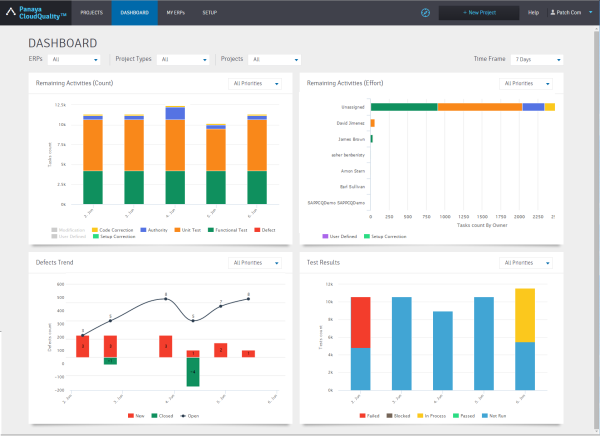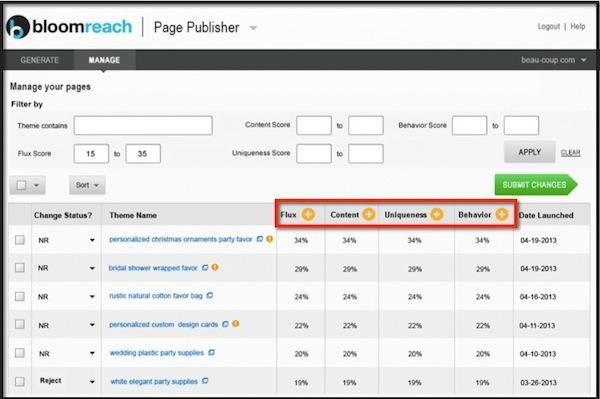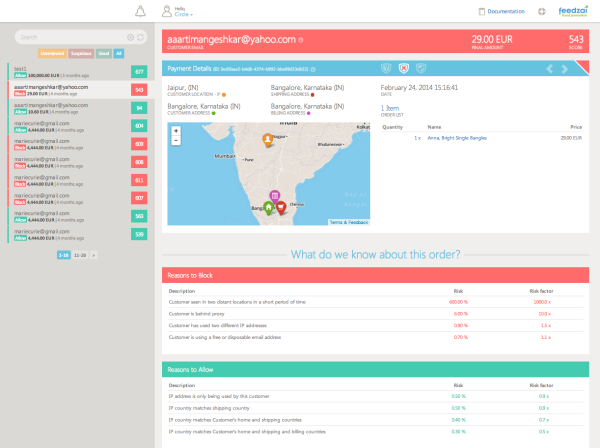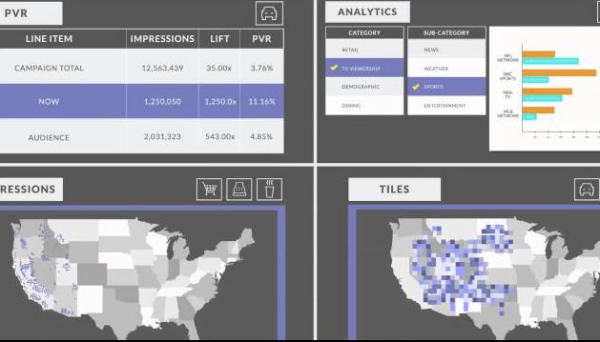By Tracy Vides
By the year 2020, information will be used to either digitize, eliminate, or reinvent 80% of business processes and products that have been in place from just 10 years earlier, says a recent prediction by Gartner. This trend is not limited to large enterprises. Small businesses can also gain momentum and operate with the advanced visibility and data-driven decisions that larger corporations have, by making use of B2B startups and services that address their big data needs. Through big data, small businesses put themselves in a better position for success through improved productivity and efficiency, which in turn helps increase revenue.
The Gartner study also indicates that by 2017, more than 30% of enterprise access to big data will be provided through intermediary broker services. Further, by 2017, more than 20% of any customer-facing analytic deployments will use product tracking information as a result of technologies involving the Internet of Things (IoT).
Businesses can use a number of (mostly cloud-based) data-crunching platforms to boost revenue, growth, and traction, for killer returns on investment. Here’s a lowdown on some of the simpler ones:
Panaya
 Panaya is a platform that allows businesses to manage enterprise resource planning (ERP) updates, patches, and upgrades through automated testing, workflows and code analysis procedures. Utilizing big data, the platform can predict potential issues that may arise over the course of changes to any ERP implementation. This reduces or eliminates the need to manually implement such testing workflows, thus improving productivity and saving resources.
Panaya is a platform that allows businesses to manage enterprise resource planning (ERP) updates, patches, and upgrades through automated testing, workflows and code analysis procedures. Utilizing big data, the platform can predict potential issues that may arise over the course of changes to any ERP implementation. This reduces or eliminates the need to manually implement such testing workflows, thus improving productivity and saving resources.
Recently acquired by IT services and solutions major Infosys, the company’s technology is expected to help clients to automate their businesses processes using big data.
BloomReach

BloomReach is a tool that combines search intelligence with site-level content knowledge, natural language processing, and machine learning to predict and adapt pages to match the customer intent and behavior, in order to help capture more new users. The tool also uses data to address mobile ecommerce, matching customers with products and content with higher accuracy, to increase revenue per site visit by up to 40% and drive sales across all channels.
Since Forrester Research estimates the U.S. e-commerce market will hit $334 billion in 2015, tools like BloomReach ensure businesses can capture their share of the market with ease.
Feedzai
 Feedzai is a platform that uses real-time machine based learning to assist in fraud prevention. Online fraud is no doubt a major problem among e-commerce providers, with Target’s data breach costing the company $162 million, for instance.
Feedzai is a platform that uses real-time machine based learning to assist in fraud prevention. Online fraud is no doubt a major problem among e-commerce providers, with Target’s data breach costing the company $162 million, for instance.
Feedzai says it can detect fraud in any commerce transaction, whether the card is present or not. The platform uses artificial intelligence to build predictive models and customer behavior analysis to mitigate risk while protecting consumers and the company alike from fraud, and preserving consumer trust.
Pursway

Pursway is a platform that makes use of big data analytics and a number of proprietary algorithms to help companies find the customers who are most likely to have influence within their social circles. This helps improve customer acquisition rates, as well as identify opportunities for customer retention and cross-selling.
Pursway works by creating a social graph with existing customer and prospect data to find the relationships between buyers, and showing which target customers have a demonstrated influence over others. The aim is to help close gaps between how marketing is done and how people actually buy.
PlaceIQ

PlaceIQ is a platform for data-driven mobile advertising and customer targeting. As mobile browsers are quickly taking a back seat to mobile apps, the use of cookies to understand consumer behavior online is no longer as effective as it once was.
PlaceIQ works by gathering demographics from the physical locations customers have visited, showing information across time and location, to target customers in real time, wherever they area, and create immediacy in the marketing strategy.
Big data can address a big part of your business, including sales and marketing. Platforms are now available to help you better target and convert customers, improve operational aspects of the business, and more. Such demand is further fueling growth not only for startups, but for established businesses, as well. Turning to big data on the cloud eliminates the need to build an extensive infrastructure to manage massive amounts of data that must be stored and secured. The cloud allows for easy on-the-go access, ensuring everyone has access to the data they need, when they need it, making it an even smarter investment.
Tracy Vides is a content strategist and researcher who gives small business and entrepreneurs marketing and social media advice. Tracy is also a prolific blogger – her posts are featured on Tech Cocktail, She Owns It and Business 2 Community. Connect with her on Twitter @TracyVides for a chat anytime!







